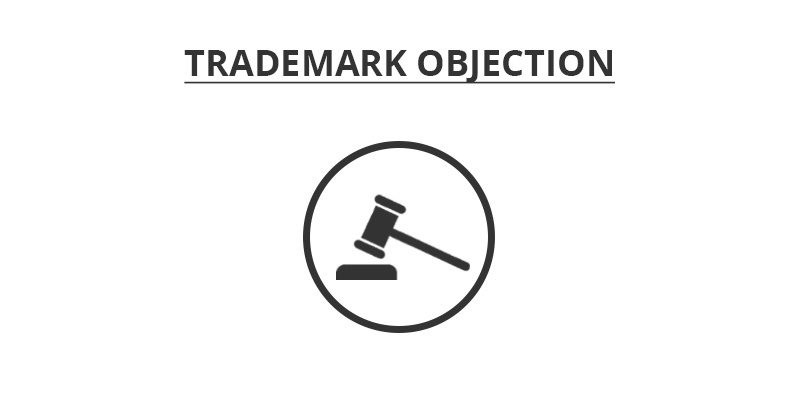I have applied for Trademark Last Year. but after one year from its application, it is Showing the trademark is bein objected by the registrar. kindly guide me the procedure to reply to registrar.
DEEPAK BHAGTANI (ARTICLED ASSISTANT) 12 March 2015
I have applied for Trademark Last Year. but after one year from its application, it is Showing the trademark is bein objected by the registrar. kindly guide me the procedure to reply to registrar.
vikaskhera 28 March 2015
Give the reply to the objection raised by the Trademark Registry and also file user affidavit ,if you have claimed any user. if you are able to satisfy the Registrar's concern. The Registrar will advertise the mark. if he is not satisfied then he will appoint the hearing.
CS Nimisha Gupta 06 September 2017
What is Trademark Objection?

‘Objection’ is the expression of disapproval by the authorities. After scrutinizing the trademark application, the examiner may raise the objection in the examination report due to various valid reasons which do not meet the legal norms of the Trademark Act.
If the examiner objects to a filed trademark, then the examination report citing the objections can be viewed from the Examination Report.
A written response needs to be filed by the applicant within 30 days of receiving the examination report from the department. In case, the examination report is not received, file your response as soon as it comes to your knowledge that reports have been issued online. Failing to respond to the objections raised by the examiner within the stipulated time of 30 days will lead to the abandonment of the trademark.
Grounds for Trademark Objection
Generally, trademark applications are objected on the absolute or relative grounds. But a trademark application can be objected under the more than one ground for refusal. Following are the some grounds on which examiner can object the trademark registration application:
Absolute Grounds
All the trademarks which are capable of deception of the public by way of any reason related to its use, quality, and character. A deceptive trademark misleads the public about the related goods or services. Such trademarks are deceptively misdescripttive by a vague descripttion of the goods and services which are of nature to create confusion.
Trademark examiner may raise the objection when registrar considers the trademark of descripttive nature. Lack of distinctiveness in the trademark creates the dilemma in public. Descripttive trademarks are merely descripttive which identifies the characteristics of the goods or services. They are not entitled to trademark protection and all the benefits go along with.
Relative Grounds
After examining the trademark application if the examiner found the trademark similar to any existing trademark then objection may raise because registering the two identical marks may lead to confusion on the part of public. But if the new trademark application is to register in the different class to the earlier mark then it would not consider as identical goods.
If any detail of goods and services specified in the trademark application is vague then examiner may raise the objection. A trademark application must be made in respect of goods or services in a particular class. If goods fall in more than one class then, in that case, it must be grouped together according to class number.
Other Grounds
If applicant name, principal place or any other information in the trademark application is false then it must likely to raise the objection by the trademark examiner.
When the application is not made on correct form, the examiner will raise an objection that the form of the trademark application should be corrected. In case trademark application is filed by a trademark attorney or trademark agent on behalf of the applicant then form TM-48 must be filed and attached to the trademark application.
Trademarks with the improper use of emblems and names are prohibited. Trademark is prohibited under the Emblems and Names (Prevention of Improper Use) Act, 1950.
A trademark is objectionable if it has no potential to have the distinct character to differentiate among the goods or services in the market. Trademarks with the lack of the exclusive character will not justice the goods or services, the one you applied for.
